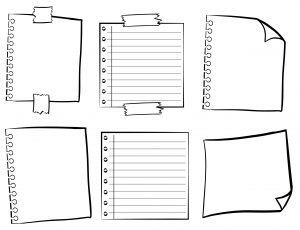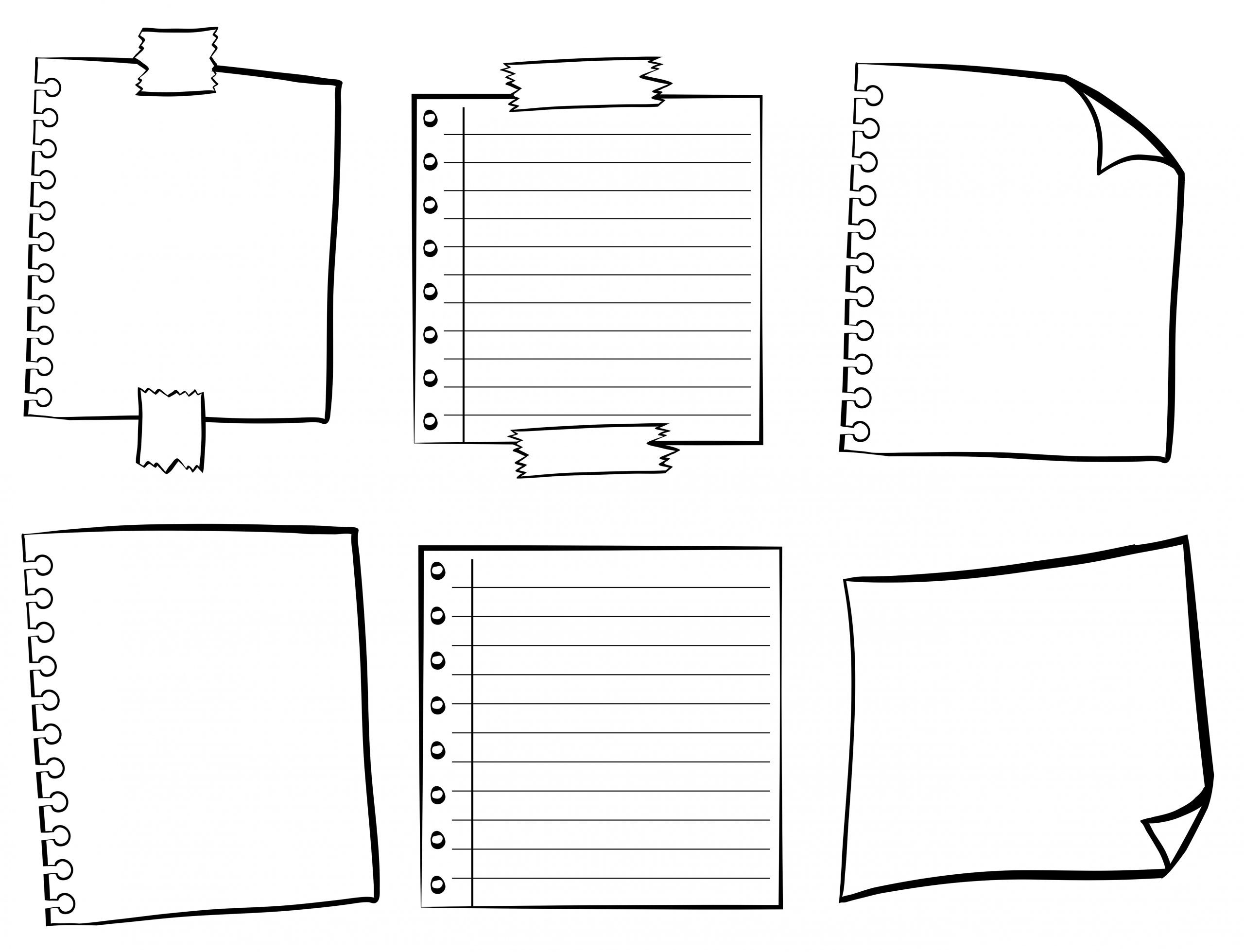Positive Speaker Kath Leane learns about autobiographical storytelling… Why do we tell stories? Write from the scar, not the wound. Deconstruct the negatives and find your strength.
As a positive speaker with Hepatitis SA, I relished the opportunity to participate in a two-hour online workshop titled “Telling Your Story”. It was delivered by Jenny Valentish, a well-known journalist and author of the book Woman of Substances, which investigates the female experience of alcohol and drug use.

In this 2-hour online Zoom workshop, participants were interested in expanding their creative skills and increasing their knowledge, while collectively expanding their personal and professional toolkit.
Valentish’s presentation focused on building capacity for workers in the Alcohol and other Drugs (AOD) fields who were interested in exploring the therapeutic power of writing stories to support clients to then tell their own stories. There was also an abundance of content for those considering telling their own personal story, which was my main interest.

As a woman now 62 years of age and “nanny” to three grandchildren, I find myself telling them endless stories from my past: memories from my childhood, the valuable lessons learned, powerful quotes and the values my parents instilled in me—all these contributed towards building positive character. I clearly recall that whenever my father taught me a lesson I usually felt lectured or preached at in a way I resented. As the storyeller to my grandchildren, I am mindful of delivering in a different manner so they can respect and appreciate, as I now do, those valuable lessons and precious times.

Valentish says there are many reasons why we tell stories. We tell them to be heard, to pass on wisdom, to gain perspective and to document information that may be useful later. As a Hepatitis SA Positive Speaker I tell my story to educate others, pass on experience, share knowledge and as a way of making sense of past decisions or choices that were not always the wisest. Taking responsibility for your actions and your past regrets, and having control over how your information is presented or remembered is important.
Is it possible to overshare and have too much detail?
Valentish spoke passionately about “writing from the scar, not the wound”. Most participants related well to this metaphor and this is something I have grappled with before as a speaker. Is it possible to overshare and have too much detail? And how can we be careful not to relive the trauma or shame within the story over and over?
I think this is a concept that you need to explore and be comfortable with before you share or write your story or support clients to do the same. This may alter over time as you change, your children grow up and your parents pass on and the lens you view the world through expands. A useful indicator for me is, who is the audience and what are they looking for? Balance this with your vulnerability and generosity of spirit.
There was a list of memory prompts provided as part of the presentation to assist with gathering information for stories which I found very useful. They included ideas such as music, Google Earth, medical and criminal records, other people’s recollections, and priorities or turning points at key times or ages throughout your life.
How you structure your story can be done chronologically by utilising a timeline to work from, or you can write about a theme and pick the parts that fit under each anecdote. The term “crusades” was described by Valentish as a way of keeping on track when writing a story. It is a technique to ensure you keep referring to and checking the focus on those key points throughout the writing.
Narrative therapy was presented as a useful way for the writer to reflect on the dominant narratives that are used to tell a story. There are comments that can give yourself a hard time, such as, “I am a bad mother”, “I always fail”, “it is all my fault”. The idea is to deconstruct these negative thoughts and instead look for and practice finding your resilience, courage and strength.

Other practical advice Valentish spoke about throughout her presentation included the use of humour, writing in the third person, utilising a theme, considering a description in the form of a review, and the use of metaphors. These are all potential ways of presenting your story. As everyone’s story is unique it is necessary to consider focusing on what works best for you and your style of writing. Other tips suggested were to be sparse, don’t run away with your internal thoughts and lose the reader, recognise that a reader can read between the lines and work it out without excessive explanation, and avoid creating a ledger of bad deeds by repeating yourself and focussing on a story of shame.
Valentish advised that there will be many drafts before you are satisfied with the final version, and that it is then a good plan to ask people you trust to read your work and provide feedback. The story’s opening can describe the most exciting moment that hooks in the reader right at the beginning, or that you can leave the cliffhanger until the end, but such decisions will depend on where you want to take the reader.
I really enjoyed the workshop and recommend anyone taking up this opportunity, next time it is offered. I gained a real benefit from participating in this training, sharing ideas with others and being inspired by people’s creativity. Thank you to Hepatitis SA for suggesting this workshop to me. And please visit Jenny Valentish’s website for further information.
This article first appeared in issue 87 of the Hepatitis SA Community News.
